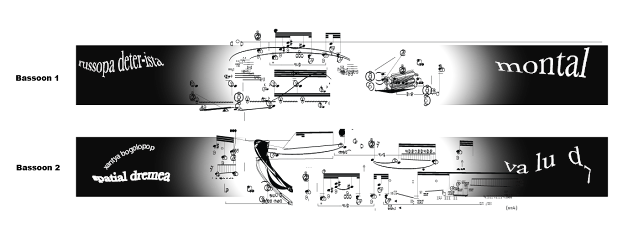Compaction Music: Exploring Reduction and Conceptual Economy in Musical Composition
In the realm of philosophy, reduction, or compaction music, is a process that seeks to explain one entity or concept in terms of another at a lower level. It is a philosophical endeavor that delves into the scope of physical theory and questions whether all events can ultimately be explained in physical terms. In the world of music, reduction is a desirable approach as it helps elucidate the existence and nature of a musical work, while promoting conceptual and theoretical economy.
When we reduce musical properties to properties of sonic particles, we gain a deeper understanding of these properties and integrate them into a unified explanatory framework known as aural structure. Just as in philosophy, we can view reduction in music as a process akin to compaction, where one theory, concept, or property is entirely subsumed under another.
Compactionism in music can be categorized into three general areas: methodological, theoretical, and ontological. Methodological reductionism aims to explain phenomena by breaking them down into the smallest possible entities. In scientific contexts, this may involve explaining a substance's boiling point in terms of atomic interactions, and even further down to the level of subatomic particles like quarks.
Theoretical reductionism, on the other hand, focuses on reducing the multiplicity of theories to a single overarching theory through the process of theoretical reduction. The goal is to create a unified theory of everything that encompasses and explains various musical phenomena. This theoretical reduction serves as a powerful tool for understanding the fundamental principles and underlying structures of music.
"Ewart Bandina," A Compaction Composition:
https://soundcloud.com/bil-smith/ewert-bandina-head-neologist-a
Ontological reductionism delves into the metaphysical realm, asserting that reality is composed of a minimal number of entities or substances. This perspective often aligns with monism, which posits that all objects, properties, and events can be reduced to a single substance. It provides a philosophical foundation for those who believe that everything in music can ultimately be traced back to a fundamental essence.
Compaction Music, as an artistic practice, amplifies and mystifies musical experiences, adding an element of gamification to the composition process. It draws inspiration from various artistic movements, including Oulipian experiments in constrained writing, the resourcefulness of Arte Povera, and the exploratory nature of composers like Giacinto Scelsi.
In the world of Compaction Music, composers embrace reduction as a means to unlock new creative possibilities. They navigate the intricate relationships between musical elements, seeking to distill complex compositions into their essential components. By doing so, they create compositions that challenge traditional notions of form, structure, and interpretation, inviting the listeners to engage with the music on multiple levels.
Through the prism of Compaction Music, composers and performers are encouraged to explore the vast sonic landscape and push the boundaries of their artistic expression. It becomes a transformative journey, where the mental rescaling and recontextualization of musical thinking allow for the emergence of unique and innovative musical experiences.
In conclusion, Compaction Music offers a rich and fascinating approach to musical composition, drawing inspiration from reductionist philosophies and employing conceptual and theoretical economy. It invites us to delve into the intricate relationships between sonic particles, pushing the boundaries of our understanding and perception of music. With its elements of gamification and influences from artistic movements, Compaction Music opens up new avenues of exploration and creativity, enriching the musical landscape with its distinctive approach to composition.

No comments:
Post a Comment